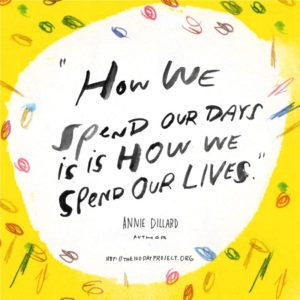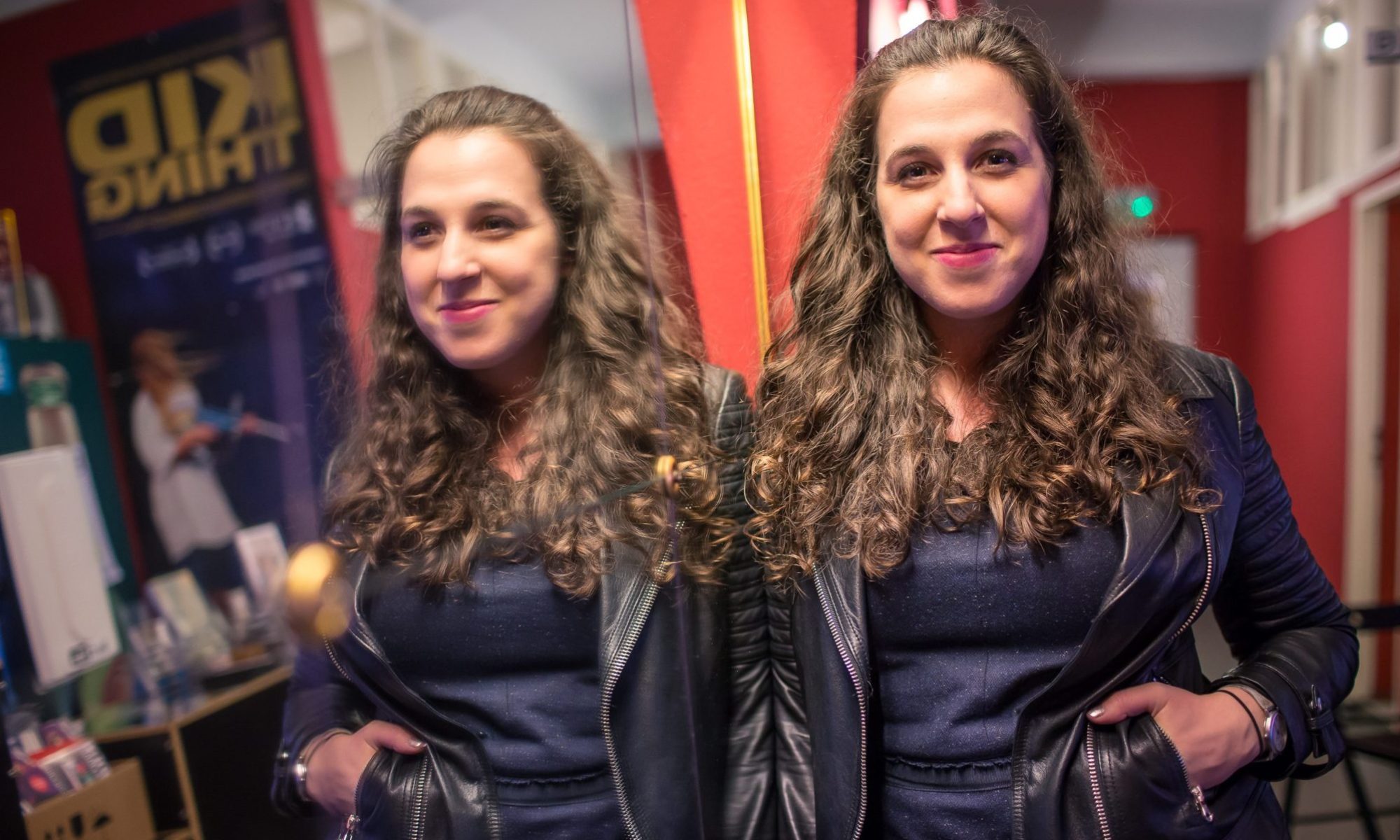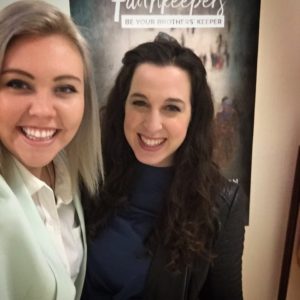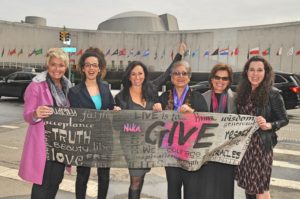This past summer, I watched artist and author Elle Luna’s talk about creativity and passion. In a deep dive, I listened to all her podcasts, followed her on Instagram, and immediately purchased her best-selling book, The Crossroads of Should and Must. (When I fall, I fall hard!)
Last year, Elle started something new, an online experiment called The 100 Day Project, in which participants are encouraged to create something – anything – everyday for 100 days. (Hat tip to bestie, Nicole, for the reminder!) Each day, participants post their work of art on Instagram and a community of creators, dreamers, and doers is born.
April 4th was the kickoff for this year’s project, and I’m grateful to say that I’m right on track with my own act of creativity: writing everyday for 100 days. 
In less than 2 weeks, I’ve already felt a difference. I eagerly look forward to posting my daily text, whether it’s a poem, a line of dialogue, a haiku or a brain dump. I’m reconnecting to the MUST Elle Luna describes in her book, and discarding the SHOULD slowly, slowly. It feels damn amazing.
Last summer, I read author and psychologist Susan David’s excellent book, Emotional Agility. Susan also describes the power of writing, a practice which she said healed some of her grief following her father’s death.
And, one of my favorite gurus, Brene Brown, encourages all of us to write a “shitty first draft” when we’re dealing with emotional struggles or everyday challenges in her latest book, Rising Strong.
I could write about writing for hours, but I’ll leave the metaphysical for now and share one more story: in an interview with 60 Minutes, Hamilton creator Lin-Manuel Miranda described crying as he writes, as he is so deeply connected to his words and aligned with his characters. I get it; writing is seeing one’s emotions and dreams materialize on a page. What could be more beautiful than that?


